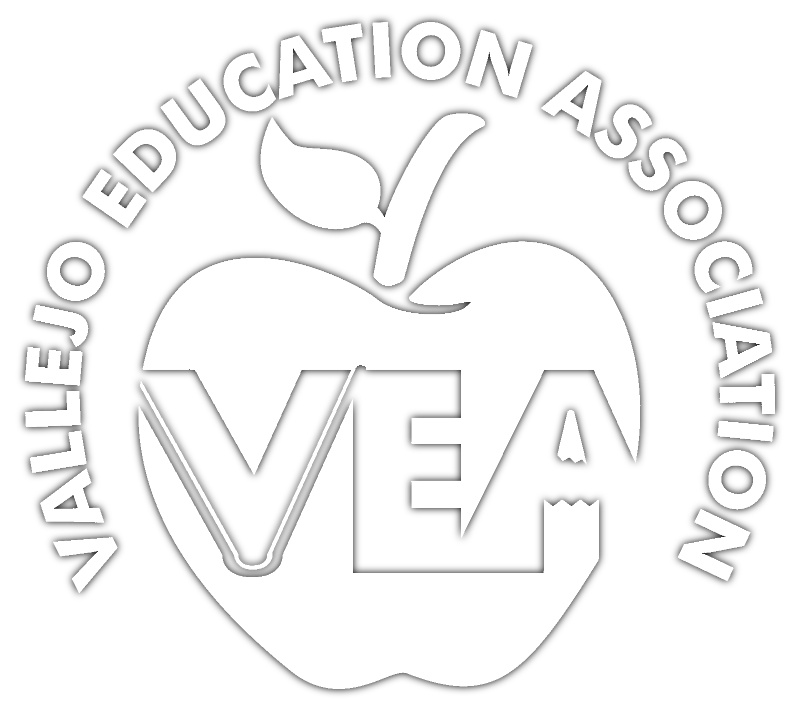NOTE: Please remember that class sizes for secondary revert back to class sizes from the 2005-08 contract.
To: All VEA Unit Members
From: Christal Watts, VEA President
Re: Overages
As we all know, the start of the school year is very hectic for a variety of reasons. There is much to do from learning about our new students, doing effective and engaging lesson plans to the daily tasks of grading papers and the routine paperwork that needs to be completed. Unfortunately, it also means for many of us class sizes that go beyond the contractual limits.
According to Article 10.2 (pg. 73) of the VCUSD/VEA Collective Bargaining Agreement (CBA), “at the beginning of the year the site managers shall have ten (10) student days to adjust class sizes or caseloads. On the eleventh student day, unit members who are over class size maximums shall notify their site manager. The site manager shall have five (5) consecutive student days to arrive at a class size or caseload relief for the unit member. This shall also apply at the beginning of each trimester at Adult School.”
The 10th day for the 2012-13 school year is Friday, August 31st. That means that the 11th day is Tuesday, September 4th – due to Labor Day falling on September 3rd. Unit members will need to start reporting overages on the 11th day and will start getting paid for these overages. As it states above, Site Managers then have five additional student days to adjust class sizes within the contractual limits. This includes any unit member teaching a 1.2 contract as unit members teaching a 1.2 are most likely beyond the contractual limits on student contacts. (See below.)
Under 10.2.4 of the CBA, unit members with overages “shall be paid at the rate of $15.00 per student per day (elementary) or $3.00 per period per day (secondary) starting the day that the manager was notified that the overage occurred.
ln no case shall any unit member carry students over their class size/caseload maximums for more than 15 student days without the approval of the Association.
Counsetors with caseload overages will be paid at the rate of $0.19 per student, per day. This figure was arrived at by dividing $3.00 (classroom teachers’ pay for an overage) by 160 (maximum student contacts) which equals $0.1875, rounded to the nearest cent.
Unit members are encouraged to complete daily overage reports starting on the 11th day in order to ensure accurate reporting and payment. Please see the attached document for reporting overages. Make sure to keep a copy for your records and provide a copy to your VEA Site Representative. (If you do not know who your site rep is, please call the VEA office at 864-6193.)

